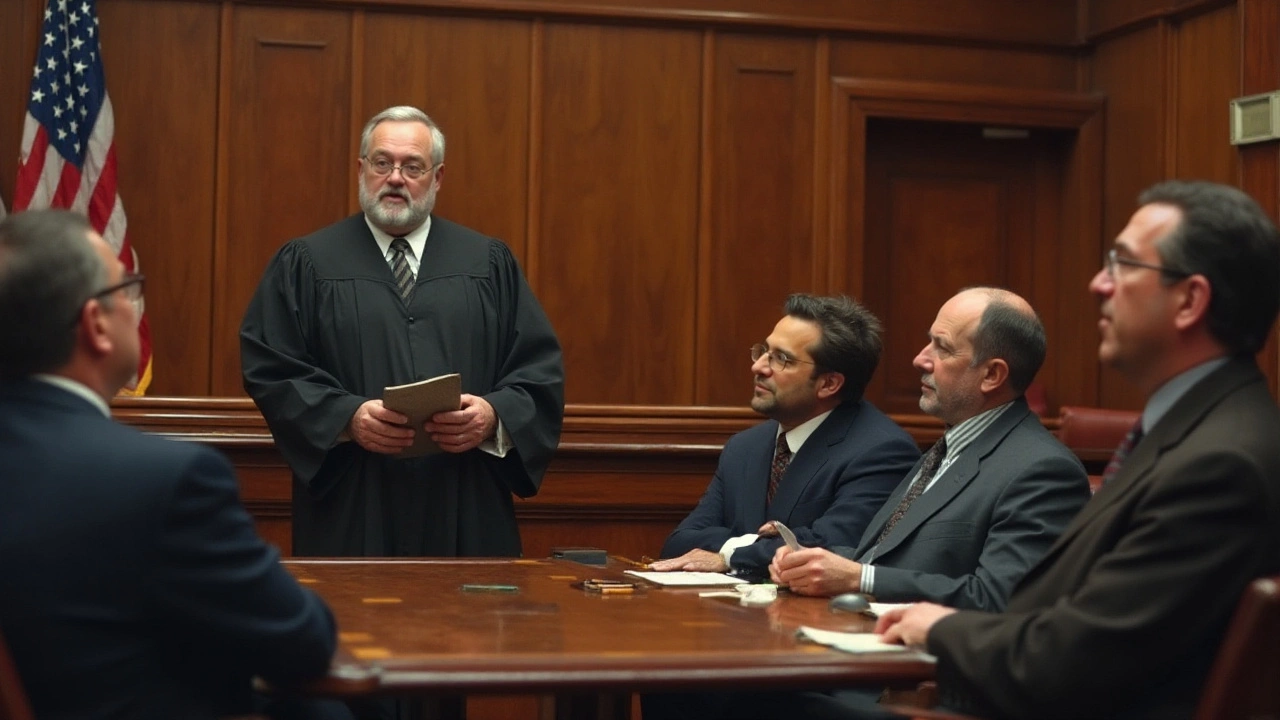Criminal Case: Quick Guides, Tips, and Resources
Got a criminal case and don’t know where to start? You’re not alone. Whether you’re the accused, a victim, or just curious, the Indian criminal system can feel like a maze. This page pulls together the most useful how‑tos, FAQs, and real‑world examples so you can move forward with confidence.
What Exactly Is a Criminal Case?
A criminal case begins when someone is suspected of breaking the law and the police file a charge sheet. From the First Information Report (FIR) to the final verdict, the case travels through investigation, charge framing, trial, and sentencing. The key players are the prosecutor, the defense lawyer, the judge, and sometimes witnesses or expert testimony. Understanding each stage helps you know what paperwork you’ll need, which deadlines matter, and how to protect your rights.
Step‑by‑Step Checklist for Anyone Involved
1. Register the FIR – The moment a crime is reported, the police must log an FIR. Keep a copy, note the FIR number, and ask for the investigating officer’s contact.
2. Get Legal Help Early – As soon as you have the FIR, talk to a criminal lawyer. Early advice can stop evidence from being mishandled and guide you on bail options.
3. Bail and Arrest – If you’re arrested, you have the right to apply for bail. Know the difference between regular bail, anticipatory bail, and police custody.
4. Investigation Phase – The police gather evidence, record statements, and may summon you. Stay honest, but remember you can refuse to answer incriminating questions without a lawyer.
5. Charge Sheet and Trial Prep – Once the investigation ends, the police submit a charge sheet. Your lawyer will examine it for weak points, missing evidence, or procedural errors.
6. Court Appearances – The trial includes framing of charges, examination of witnesses, and arguments from both sides. Pay attention to court dates; missing a date can cost you dearly.
7. Verdict and Appeal – If the judge finds you guilty, you’ll receive a sentence. You can appeal to a higher court within the prescribed period.
Each of these steps has its own forms, fees, and timelines. Our site offers downloadable checklists, sample bail applications, and a plain‑English glossary of legal terms to keep you from getting lost.
If you’re dealing with a specific charge—like theft, assault, or cybercrime—scroll down to see articles that break down the exact law, typical punishments, and defense strategies that have worked for others. From “How to Fight a Money‑Laundering Charge” to “What to Do When You’re Accused of Cyber Fraud,” we keep the content fresh and relevant for 2025.
Remember, a criminal case isn’t just paperwork; it’s a serious matter that can affect your freedom and future. Use these resources to stay informed, act quickly, and give yourself the best chance at a fair outcome.

Understanding Your Right to a Lawyer: The Story Behind Gideon v. Wainwright
The case of Gideon v. Wainwright is a landmark decision that changed the landscape of the American legal system, ensuring that everyone, regardless of financial status, has the right to legal counsel in criminal cases. This article explores the background of the case, its implications, and the significance of having access to a lawyer. Whether you're facing a legal issue or interested in legal history, understanding this decision is crucial.